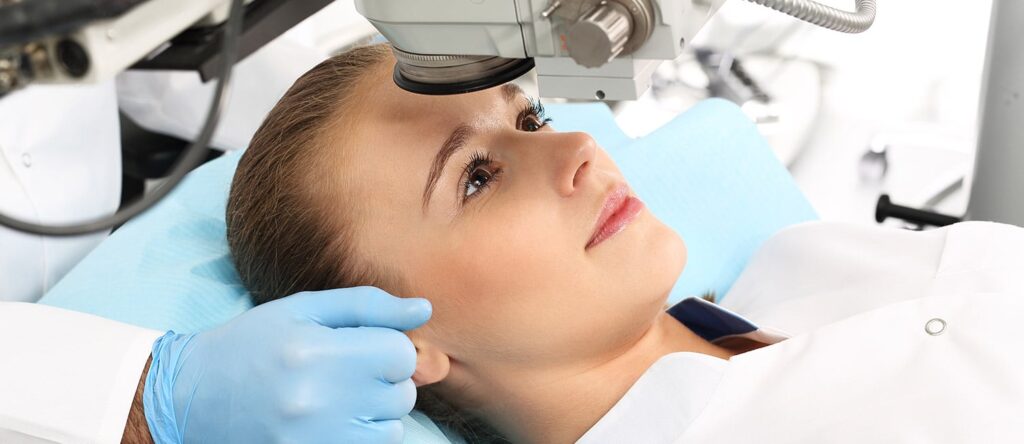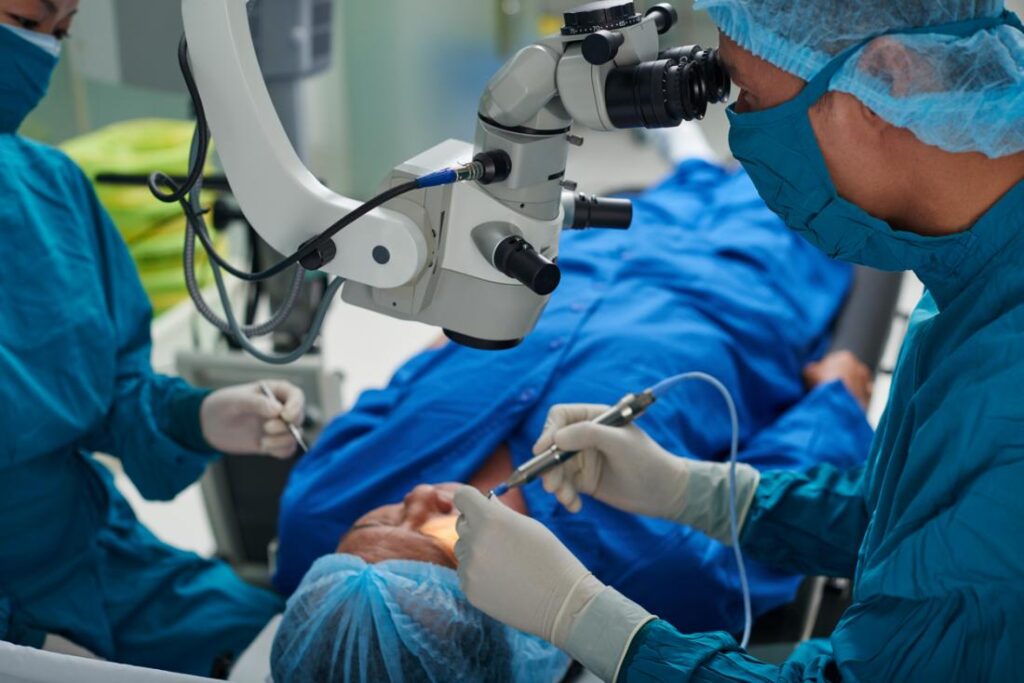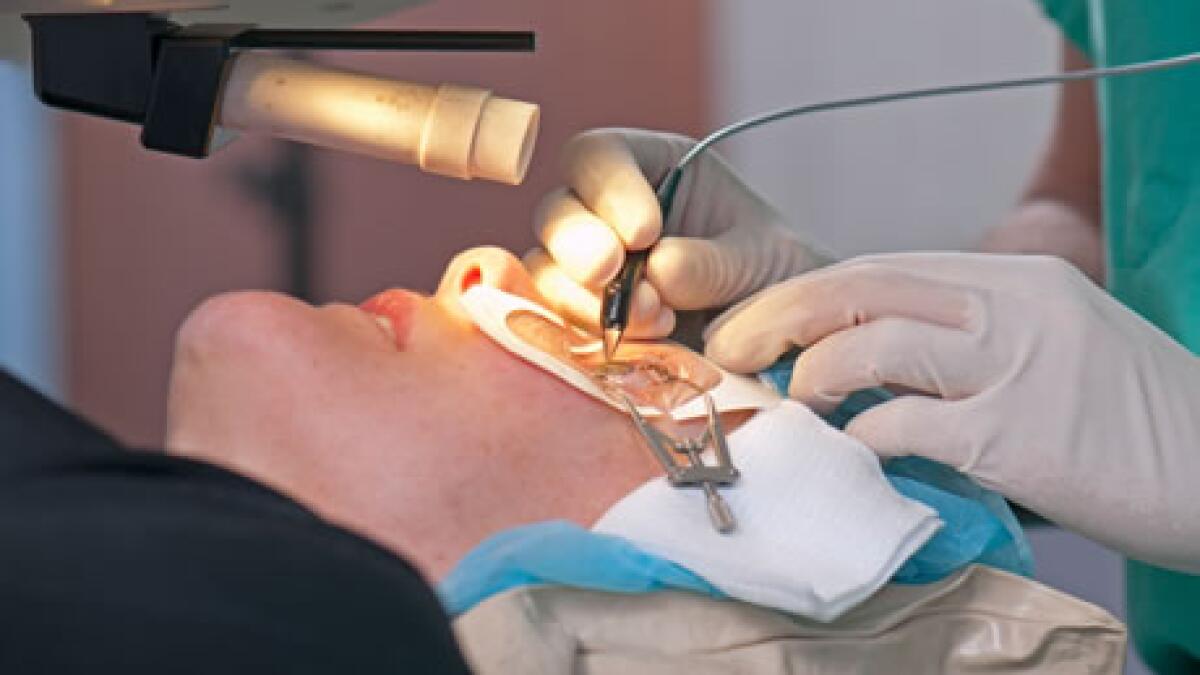Laser eye surgery is a common procedure. However, many people don’t know you need to practise aftercare to lower the risk of infections and complications. On top of that, good aftercare ensures a smooth healing process.
But how should you care for your eyes after laser eye surgery?
First and foremost, you must follow your doctor’s orders. Your doctor will give you tips and best practices throughout the recovery process. Following these practices is important as they are based on your condition and body.
On top of that, there are other things you need to do when recovering from best laser eye surgery.
In this article, we’re looking at all of them. Below, we’ll explain what happens during laser eye surgery and some tips to remember during recovery. That way, your eyes heal quickly and properly, giving you better vision much sooner.
Keep reading to learn more.
What Happens During Laser Eye Surgery?
Before anything, let’s talk about what happens during laser eye surgery.
During laser eye surgery, the surgeon makes a small incision on your eye using a laser or blade. This creates a corneal flap, allowing the surgeon to target your corneal tissue with a laser and reshape it. This allows light to focus directly on the retina, resulting in clear vision.
There are different types of laser eye surgery. But whether you’re getting SMILE or LASIK eye surgery, most of the steps stay the same.

After laser eye surgery, your eyes will feel irritated, and you might have blurred vision. This is because your eye is healing from the procedure. And if you want to reap all the benefits of the procedure, it’s important that you practise proper aftercare.
Everybody has a different aftercare routine based on their body and specific condition. So, always listen to your doctor’s recommendations to ensure that your eyes heal properly after the procedure.
Tips for Recovering After Laser Eye Surgery
The entire laser eye surgery procedure takes around 30-40 minutes. Laser vision correction is a very fast and safe operation to correct astigmatism, myopia, and hyperopia. But to reap the benefits of the procedure, patients must follow the best aftercare practices.
So, here are some tips to follow for a smooth recovery.
ALWAYS Listen to Your Doctor’s Advice
As mentioned earlier, the most important tip we can give you when recovering from laser eye surgery is to listen to your doctor. Remember, everyone’s body is different, so you can have different reactions to the procedure. Your eye doctor should be familiar with your condition and any important considerations when recovering from LASIK eye surgery.
So, when your doctor gives aftercare tips, these are tailored to your needs and lifestyle. If you don’t listen to your doctor, you run a high risk of infections and complications down the line. That’s why make sure to pay attention to your doctor’s advice after the surgery and follow their tips as closely as possible.
Don’t Rub Your Eyes
One of the most common side effects of laser eye surgery is itchy eyes. Since a doctor uses lasers to reshape your corneas during the procedure, there’s a high chance your eyes will feel irritated after surgery. This itching can get pretty intense and annoying. But no matter how itchy it gets, we recommend that you don’t rub your eyes.
Rubbing your eyes can reopen the incision and cause further damage. On top of that, when you reopen the incision, it’s easier for dirt and bacteria to get in, causing an infection. We understand that the itch can get unbearable at times, but as much as possible, avoid rubbing your eyes after laser eye surgery.
Show Up to Follow Up Appointments
After your vision correction procedure, your doctor will set follow-up appointments. These appointments are necessary for your doctor to see how your body is reacting to the laser surgery and whether your eyes are healing at the right pace.
The first appointment after laser surgery is typically a few days after the procedure. From there, you might be asked to visit every week or every few weeks, depending on what your doctor finds.
Follow-up appointments are crucial in catching any surgical complications before they become legitimate issues. So, don’t take them for granted.
Rest
After you undergo LASIK surgery, you will feel fatigued. However, as your eyes start to heal, you might get excited to start working and going through your daily activities again. But no matter how “ready” you feel to get back to your daily life, it’s important to rest after this medical procedure.
Your body needs ample time to recover after laser treatment, which is why rest is crucial.

Avoid Intense Contact Sports
In the same light as the last tip, we highly advise people to stay away from contact sports after laser or LASIK surgery. Many patients are tempted to get right back into contact sports after laser refractive surgery because of their improved vision.
However, contact sports put you at a very high risk of complications. After vision correction surgery, your eyes are very sensitive. Contact sports increase the risk of your wound opening up again, which can invite infections and other complications.
Wear Sunglasses
Laser eye surgery procedures usually result in sensitive eyes. It’s pretty common for people to be extra sensitive to bright and intense lights after the procedure. This usually fades after some time, but you can also wear sunglasses to protect your eyes from bright lights during recovery.
Don’t Wear Contact Lenses
You won’t need to wear glasses or contact lenses after your laser eye surgery. But even if you only want to wear your contact lenses for aesthetic purposes, you should avoid this at all costs. Contact lenses can damage your eyes right after laser eye surgery, so they aren’t recommended.
Conclusion
If you go in for laser eye surgery, rest assured that your vision will improve in no time. But even if the procedure is quick and simple, you still need to give your eyes time to heal and recover. So, make sure to follow these tips when recovering from laser eye surgery to ensure the smoothest healing process possible!
